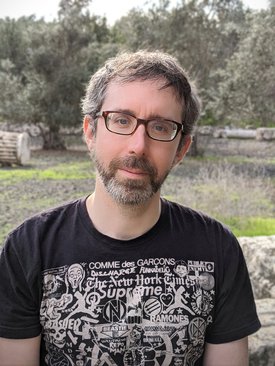
Christopher Noble
DEPARTMENTS
- Philosophy
Associate Professor
On leave until Spring 2026
CONTACT
-
533 Hall of Languages
Email: cinoble@syr.eduOffice:
CV
Entries in the areas listed below (other than biography and books) are selections delimited to the last five years. Consult the faculty member’s biography, listed website(s) or CV for additional information.
